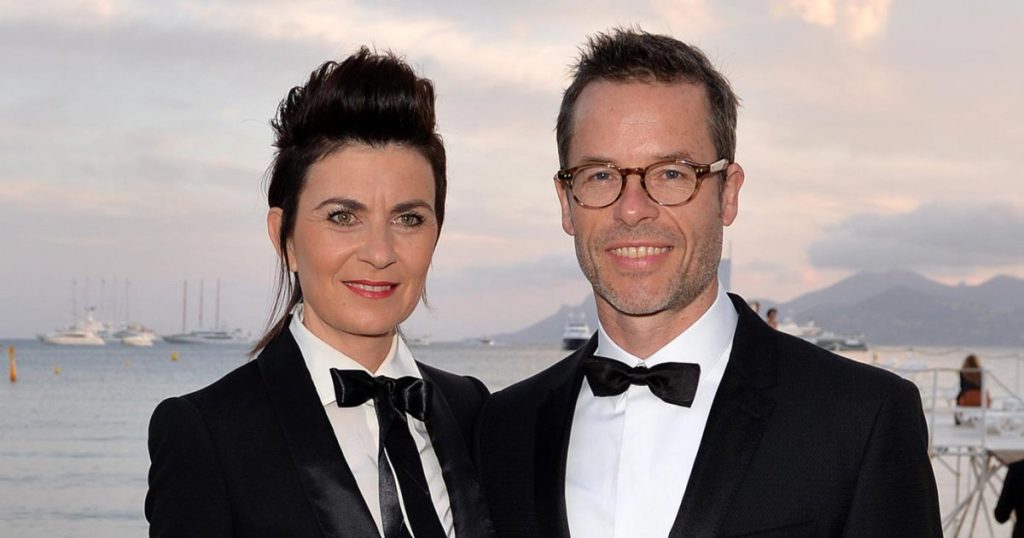Guy Pearce’s journey through love and life has been marked by significant transitions, encompassing the end of a long-term marriage and the blossoming of new love and fatherhood. His story reflects the complexities of human relationships, the evolving nature of love, and the profound impact of parenthood. Pearce’s candid reflections offer a glimpse into the emotional landscape of a man navigating these changes with honesty and vulnerability.
Pearce’s relationship with his ex-wife, Kate Mestitz, spanned decades, beginning in their school years and culminating in a marriage that lasted nearly two decades. He describes Mestitz as the “greatest love of his life,” a testament to the depth and significance of their bond. Despite their eventual separation, Pearce’s words convey enduring respect and affection for Mestitz, emphasizing their continued friendship and mutual appreciation. He acknowledges the pain of the separation, admitting to feeling like he “messed up” the marriage, a sentiment that speaks to the self-reflection and accountability he brought to the experience. While the marriage ended, the positive impact it had on both their lives remains clear, with Pearce acknowledging the growth they experienced together.
The end of Pearce’s marriage marked a significant turning point in his life, leading him down a new path towards fatherhood with his partner, Carice van Houten. The birth of their son, Monte, ushered in a new chapter filled with the joys and challenges of parenthood. Pearce’s reflections on fatherhood reveal a profound shift in his emotional landscape. He describes the experience as living with his “heart on the outside,” a vivid depiction of the vulnerability and intense love that accompany parenthood. This newfound emotional openness has also reconnected him with a wellspring of emotion, allowing him to access and express feelings more readily, a change he attributes directly to the profound impact of having a child.
The juxtaposition of Pearce’s two great loves – his ex-wife and his son – highlights the evolving nature of love and its different manifestations throughout life. While his love for Mestitz represented a significant and formative chapter in his life, his love for Monte represents a different kind of love, one marked by parental responsibility and the unique bond between parent and child. Pearce’s acknowledgement of both loves, without diminishing the importance of either, speaks to the capacity for the human heart to hold and cherish multiple deep and meaningful connections.
Pearce’s public statements about his relationships and personal life offer a refreshing level of honesty and vulnerability, challenging the often-guarded nature of celebrity disclosures. He shares intimate details about his emotional journey, offering a glimpse into the challenges and triumphs of navigating significant life transitions. His openness about his feelings, his acknowledgment of past mistakes, and his celebration of new beginnings create a relatable narrative that resonates with the complexities of human experience.
Through his candid reflections, Guy Pearce’s story becomes a tapestry of love, loss, and renewal. It speaks to the enduring power of human connection, the capacity for growth and change, and the profound impact of parenthood. His willingness to share his personal journey offers a poignant reminder that even amidst significant life changes, love in its various forms remains a constant and powerful force. His journey, marked by both heartbreak and joy, ultimately paints a portrait of a man embracing the complexities of life with honesty, vulnerability, and an open heart.

